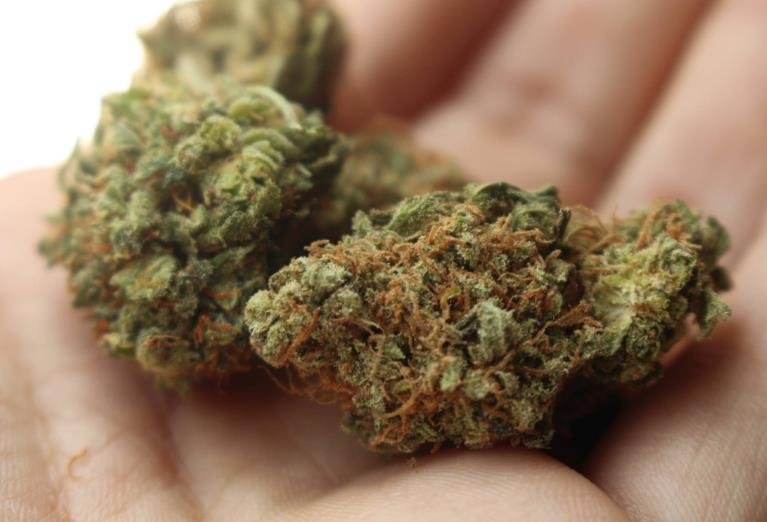In a groundbreaking move, the United States has proposed a historic law to reclassify marijuana, signaling a shift in the nation’s drug policy that aligns with evolving public opinion and scientific understanding.
The Biden administration’s proposal to downgrade marijuana from a Schedule I to a Schedule III substance under the Controlled Substances Act marks a significant departure from long-standing federal policy. This reclassification would place marijuana in the same category as drugs like ketamine and codeine, which are considered to have a moderate to low potential for dependence.
While this change does not legalize marijuana, it could lead to a reduction in federal-level arrests and a reevaluation of the drug’s medical applications. The proposal, which includes a public comment period and potential judicial review, is part of a broader initiative to address the failed approach to marijuana and rectify the injustices of past convictions.

The Political and Social Context
The move comes at a critical time as President Biden faces a challenging election rematch. With a significant majority of Americans supporting the legalization of marijuana for medical or recreational use, this policy shift is seen as a potential vote-winner, particularly among younger demographics.
The reclassification also reflects a growing acknowledgment of the racist underpinnings of marijuana prohibition, which has disproportionately affected minority communities. The initiative is part of a larger effort to reform drug policies that have historically been marred by racial bias and a punitive approach.
The Road Ahead
As the United States embarks on this historic policy shift, the implications for the legal, medical, and social landscapes are profound. The reclassification of marijuana as a low-risk drug could pave the way for further legislative changes and a rethinking of the nation’s approach to drug regulation and criminal justice.
Jane Smith is a seasoned article writer specializing in cannabis-related content. With a keen focus on the latest trends, research, and developments in the cannabis industry, she brings a fresh perspective to her writing. Jane’s insightful articles delve into the medicinal benefits, legalization efforts, and evolving culture surrounding cannabis. Her engaging storytelling and informative approach make her a trusted source for readers seeking accurate and up-to-date information on all things cannabis.








